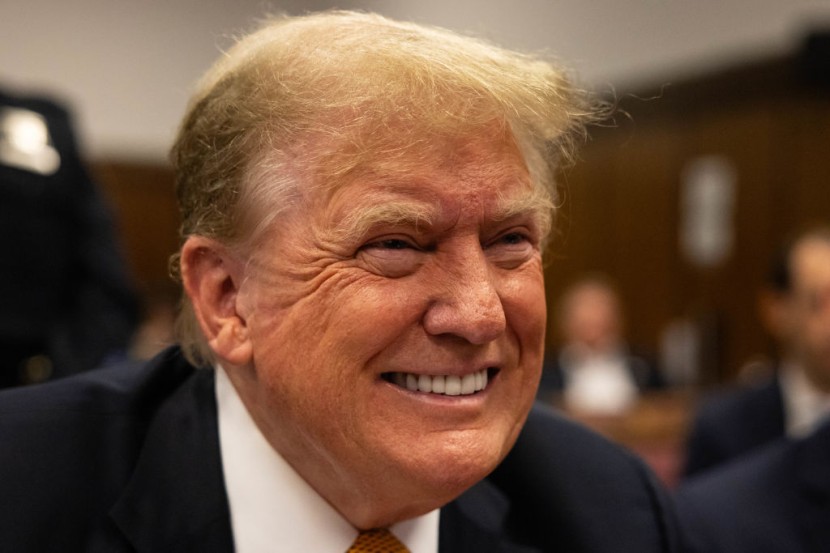
The judge overseeing former President Donald Trump's classified documents case ruled that a paragraph should be deleted from the indictment on grounds that it could prejudice jurors against him.
U.S. District Judge Aileen Cannon issued the decision in a 14-page order Monday that denied a defense motion to dismiss the indictment against Trump and two codefendants for allegedly stashing boxes of government papers at his Florida resort and obstructing official efforts to retrieve them.
Cannon said special counsel Jack Smith improperly included references to an incident during which Trump allegedly showed a classified military map to a political ally, identified by news outlets as Republican operative Susie Wiles, during a meeting at his New Jersey country club.
The paragraph read as follows:
"In August or September 2021, when he was no longer president, TRUMP met in his office at The Bedminster Club with a representative of his political action committee (the 'PAC Representative'). During the meeting, TRUMP commented that an ongoing military operation in Country B was not going well. TRUMP showed the PAC Representative a classified map of Country B and told the PAC Representative that he should not be showing the map to the PAC Representative and to not go too close. The PAC Representative did not have a security clearance or any need-to-know classified information about the military operation."
Smith argued in court papers that the information was included in the indictment under terms of section 404(b) of the Federal Rules of Evidence.
It allows prosecutors to introduce allegations of related but uncharged "crimes, wrongs or acts" committed by a defendant.
But Cannon said Smith's move was "not appropriate" because Smith didn't first provide "supporting reasons" and allow the defense to respond.
"And, even then, the permissibility of Rule 404(b) evidence is not always self-evident except until trial when the contours of defenses are crystallized and when the Court can assess the potential probative value and/or prejudicial impact of such evidence in light of the full evidentiary picture," she wrote.
A trial date hasn't yet been set in the case, one of four filed against Trump in various jurisdictions since March 2023, making him the first former U.S. president to face criminal charges.
The only case that has gone to trial resulted in Trump's May 30 conviction on all 34 counts of falsifying business records in the Stormy Daniels "hush money" case.
Trump faces a maximum of 20 years in prison at his scheduled July 11 sentencing, just days before Republicans are set to nominate him to challenge President Joe Biden in November.
© 2025 HNGN, All rights reserved. Do not reproduce without permission.








